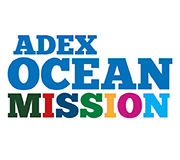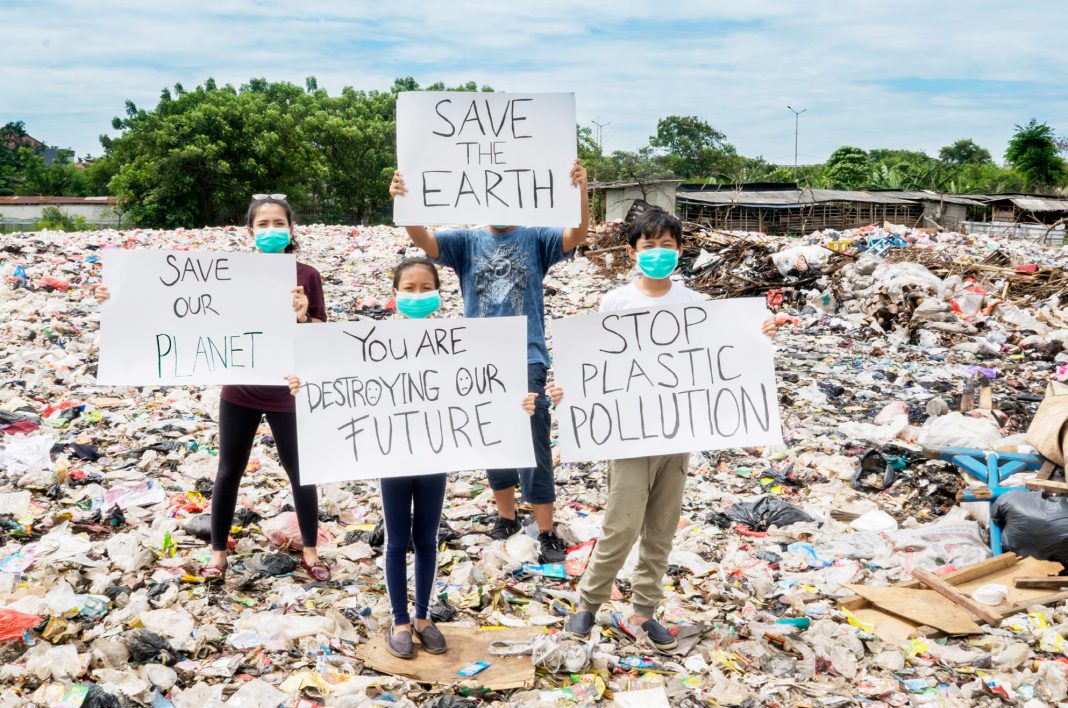In Asia, urgent action against plastic waste needs to be taken. Some 70 to 80 percent of the region’s trash ends up in the ocean – most of it being plastic. South Asia alone produces a shocking 334 million tonnes of waste each year. By one estimate, 55 to 60 percent of plastic waste in the oceans comes from just five countries – all of which are in Asia.
Let’s explore the distribution of single-use plastic waste around the world today.
INDONESIA
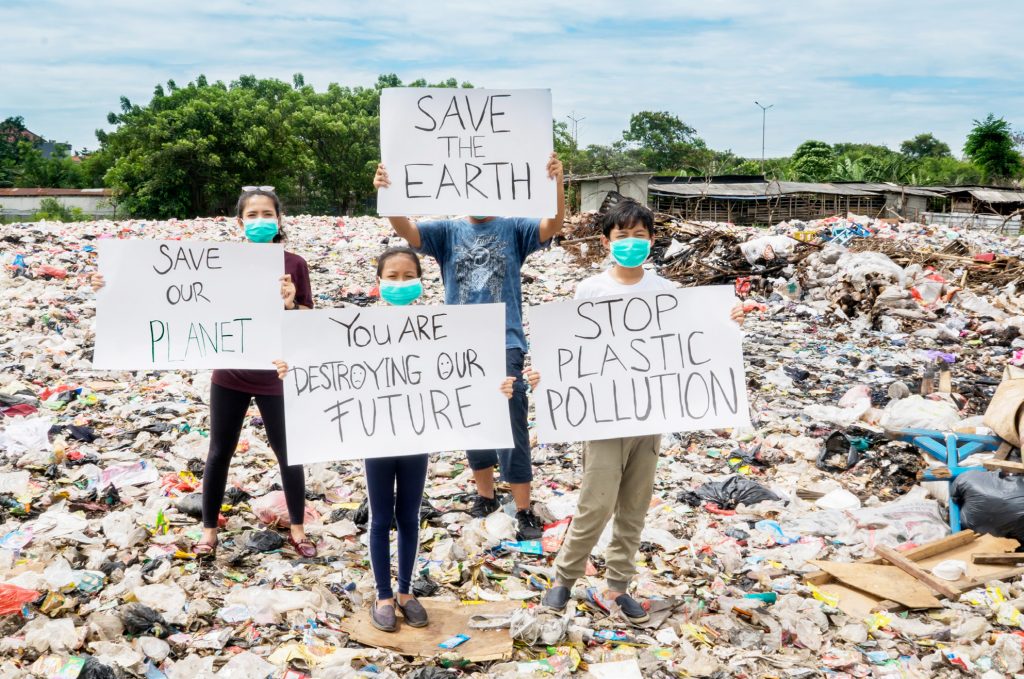
Population: 270 million
Plastic waste: 175,000 tonnes per year
Reduced the plastic bag consumption by 80% in the city of Banjarmasin. Additionally, in the city of Bandung, the use of styrofoam has been banned.
Bali bans all single-use plastic (2019): In an attempt to cut down ocean pollution, Bali has banned all forms of single-use plastic. It came into effect as of July 2, with the government hoping to see a 70 percent decrease inthe location’s marine waste. “This policy is aimed at producers, distributors, suppliers and business actors, including individuals, to suppress the use of single-use plastics. They must substitute plastics with other materials” Bali Governor Wayan Koster mentioned to the Jakarta Post. Not following the ban will make the government enforce action, like revoking permits.
SOUTH KOREA

Population: 51.5 million
Plastic waste: 2 million tonnes per year
South Korea has established strict policies controlling the separation of waste for recycling and has seen huge increases in recycled waste over the last 25 years.
In 2019, the government banned all single-use plastic bags in around 11,000 supermarkets across the country. Previously, shops were not allowed to provide free plastic bags, but with the ban in place, only wet products like meat or fish can be carried in plastic bags.
SRI LANKA
 Population: 21.3 million
Population: 21.3 million
Plastic waste: 2.6 million tonnes per year
In 2018, a ban was imposed on single-use plastic in an effort to make the country’s coastlines pollution-free by 2030. The ban focuses on food containers, plates, cutlery, and cups made from polystyrene, as well as wrappers made from polyethylene. Additionally, it also cuts down on the import of disposable polystyrene boxes, and polymers of ethylene, styrene, and vinyl chloride have been controlled. Minister of Environment Anura Dissanayake emphasised that “Sri Lanka is taking bold action to turn the tide on plastics. We have banned plastic bags and are now working to reduce the number of plastic bottles in the country. We want to be a green and blue beacon of hope in Asia and do everything we can to keep the seas clean.”
PHILIPPINES
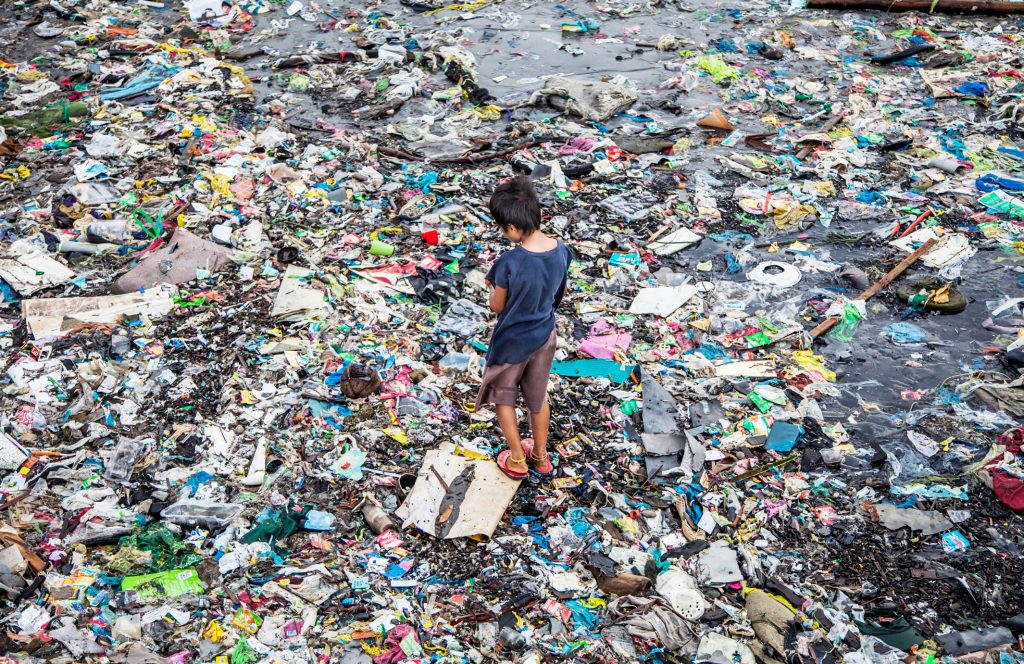
Population: 105 million
Plastic waste: 2.6 million tonnes per year
From January 1, 2020, the Philippines is implementing a complete ban on single-use utensils like cups, plates, straws, coffee stirrers, condiment cups, and packets. They will also ban plastic bags (with the exception of plastic bags for fresh and cooked foods in places like wet and dry markets). This includes retail stores such as supermarkets, department stores, and pharmacies, who will all charge for plastic bags.
Those violating the ban will be liable to pay 1,000 Pesos (USD19) for the first offense, which will increase to 5,000 pesos (USD98) by the third offense. If there is a second offense, the company will be given a cease-and-desist order. A third offense would lead to its business permit being revoked.
TAIWAN
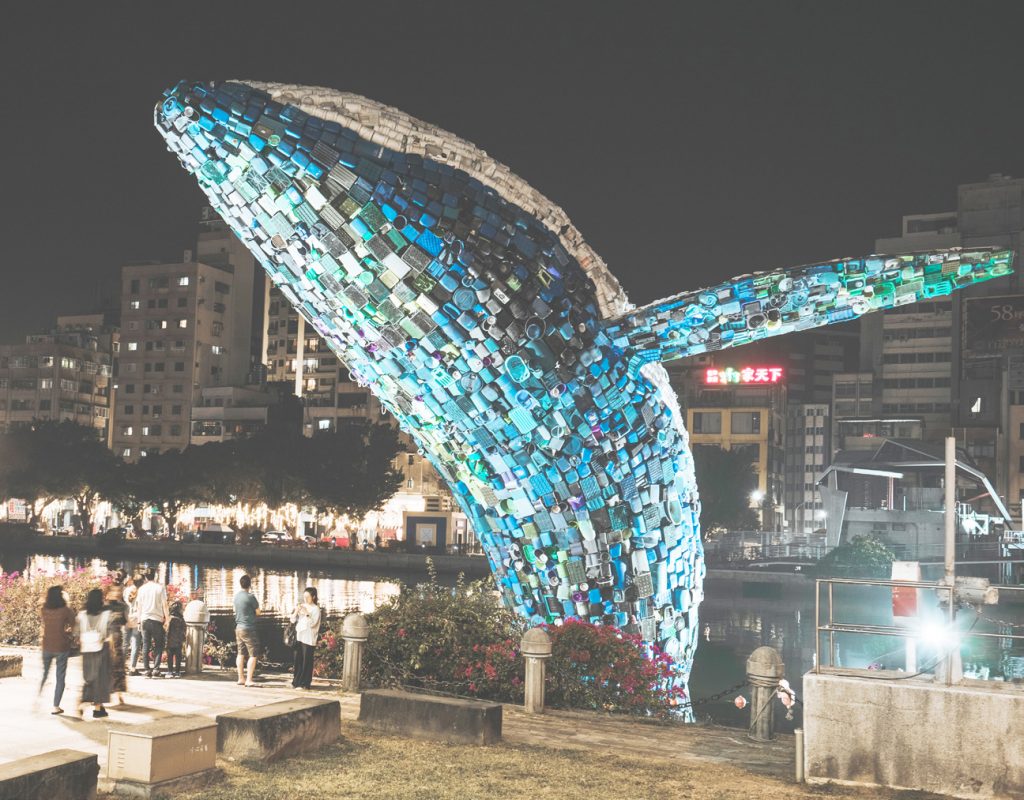
Population: 23.8 million
Plastic waste: Data not available
The latest initiative by Taiwan to curb plastic waste and pollution after introducing a recycling programme is the total ban on plastic straws. Restaurants will be facing new restrictions from the following year onwards. The new change will force big chain restaurants to cut down on providing plastic straws fr in-store uses. This requirement will continue to grow into all forms of dining outlets in 2020. In 2018, around 200,000 tonnes of plastic containers were recycled.
According to the Environmental Protection Administration (EPA), consumers will have to pay extra for all straws, plastic shopping bags, disposable utensils and beverage cups from 2025 onwards. A total ban on single-use plastics such as straws, cups and bags is planned to come into force by 2030. The average Taiwanese uses around 700 plastic bags annually. The EPA’s goal is to reduce that number to 100 by 2025 and to zero by 2030.
THAILAND
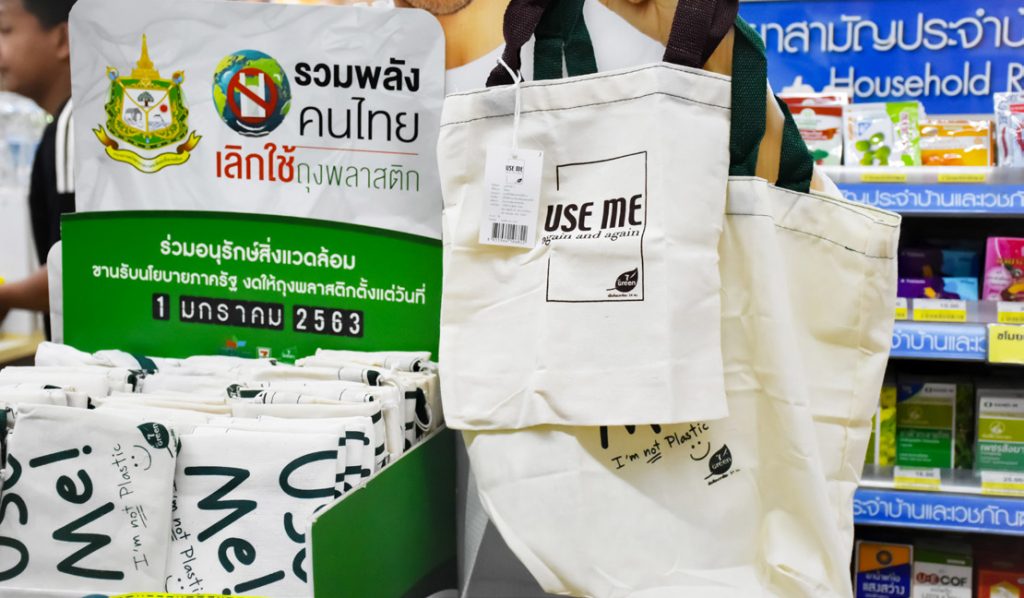 Population: 69.7 million
Population: 69.7 million
Plastic waste: 2 million tonnes per year
Thailand began 2020 by placing a ban on single-use plastic bags at major stores. This will be extended to all retailers by 2021. Currently, over 50,000 tonnes of plastic waste ends up in Thailand’s oceans. There has been greater public awareness in understanding the threats to threats to animals and the environment. According to Greenpeace, Thailand is the world’s sixth-biggest contributor to ocean waste.
AUSTRALIA
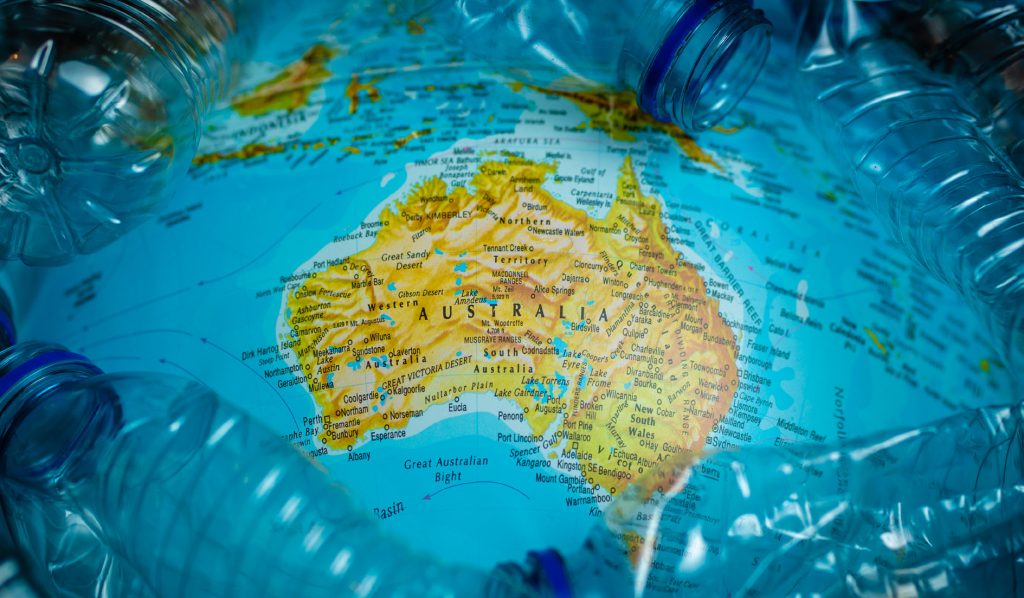 Population: 25.4 million
Population: 25.4 million
Plastic waste: 3.1 million tonnes per year
As early as 2008, the then Environment Minister, Peter Garrett, announced the Rudd government’s mission to enact a nationwide plastic bag ban by the end of the year. Soon after, he abandoned the plan because of cost concerns and disagreements over policy amongst state and territorial governments. This resulted in states and territories looking into their own approaches.
A decade later and the removal of lightweight plastic bags in Australia began being implemented by the states and territories with plastic bag bans implemented in all major jurisdictions except New South Wales. Within New South Wales, the ban remains under discussion.
In 2019, the South Australian Government announced that a variety of single-use plastics including straws and cutlery would be banned in the state. The intention is to introduce the proposed legislation to parliament in 2020. The ban would make South Australia the first state in the country to prohibit such plastic items as drink stirrers and straws.
NEW ZEALAND
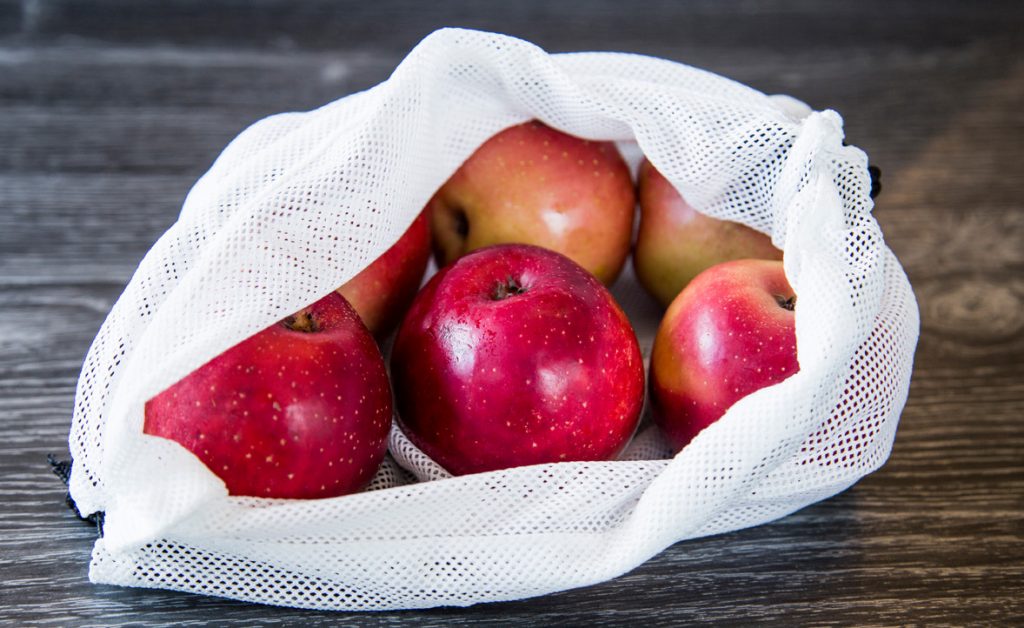
Population: 4.8 million
Plastic waste: 252,000 tonnes per year
From July 2019, single-use plastic bags have been banned for all New Zealand retailers. Shops, supermarkets, and restaurants will no longer be allowed to sell or distribute any forms of single-use plastic shopping bags.
Plastic bags in the fruit and vegetable section and other supermarket zones are the only exceptions. “New Zealanders are proud of our country’s clean, green reputation and want to help ensure we live up to it,” said Associate Environment Minister Eugenie Sage. “The plastic shopping bag ban is one step to tackle New Zealand’s waste issues. We also need to recharge our materials recovery and recycling systems and shift to a circular economy.” The ban encompasses standard lightweight plastic bags as well as thicker types. Even “environmentally friendly” biodegradable and compostable versions cannot be handed out to shoppers.
Stay tuned for Part III, the last in this series that will bring you more countries and their initiatives to curb plastic pollution!
